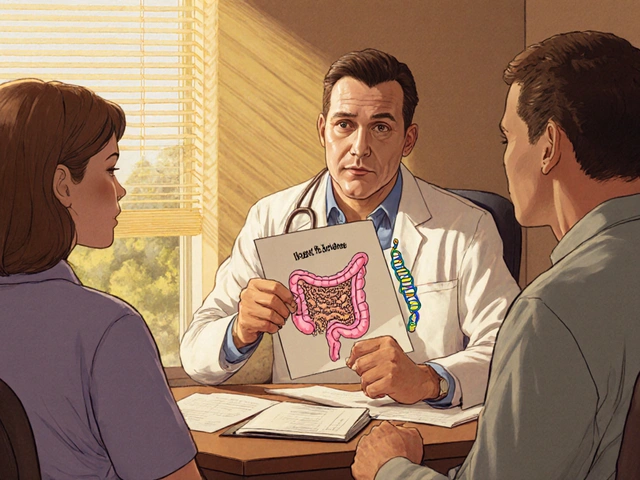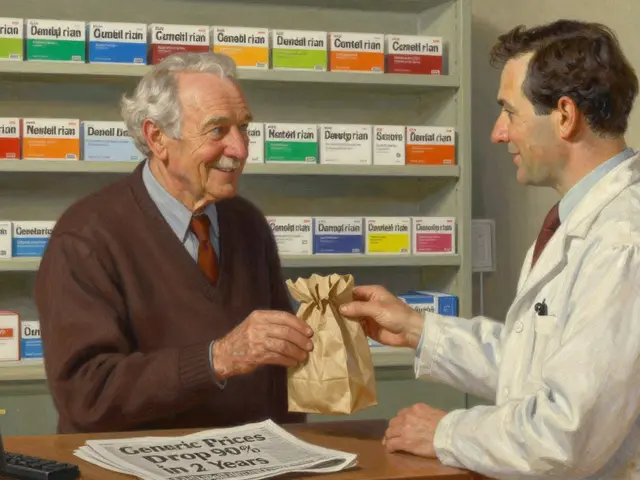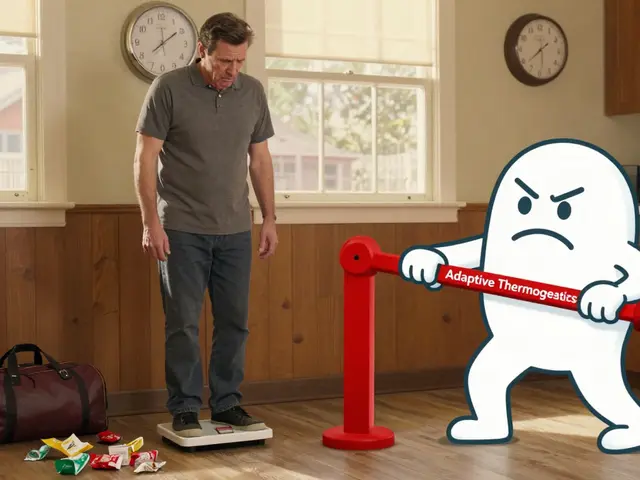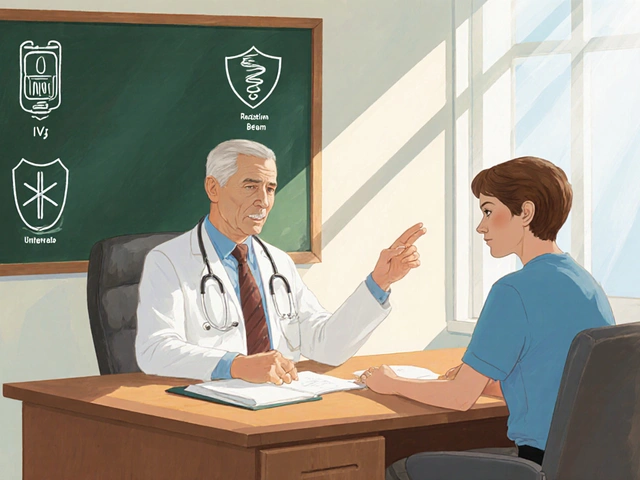Sleep Deprivation – Causes, Effects, and Practical Tips
When dealing with Sleep Deprivation, the condition of not getting enough restorative sleep on a regular basis. Also known as insufficient sleep, it can stealthily damage your body and mind. Most people think a few late nights won’t matter, but sleep deprivation quickly adds up, raising blood pressure, blunting immune response, and fueling weight gain. One of the biggest culprits that often rides along is Insomnia, a sleep disorder that makes falling or staying asleep hard. Insomnia increases the likelihood of chronic sleep deprivation, creating a vicious loop where each worsens the other.
Why Your Body’s Clock and Stress Levels Matter
The body runs on a Circadian Rhythm, a 24‑hour internal clock that tells you when to be alert and when to wind down. Disrupting this rhythm—by pulling all‑nighters, traveling across time zones, or working night shifts—directly fuels sleep deprivation. At the same time, Stress spikes cortisol, a hormone that tells the brain to stay awake. Stress heightens the urge to stay up, and staying up exacerbates stress, forming another feedback loop. Together, a misaligned circadian rhythm and high stress levels trigger poor sleep patterns, making it harder to recover even if you try to catch up on weekends.
Even the medicines you take can pull the rug out from under your sleep. Certain Medication Side Effects, such as stimulants for ADHD or some antidepressants, list insomnia as a common complaint. When a drug interferes with your sleep, it contributes to overall sleep deprivation, which in turn can worsen the condition the medication was meant to treat. Understanding these links helps you talk to a healthcare professional about timing doses or switching to a sleep‑friendly option. Below you’ll find a curated set of articles that break down the science, share real‑world tips, and point you to safe ways to improve rest—whether you’re battling stress, adjusting your clock, or managing medication effects.
How Sleep Deprivation Triggers Muscle Spasms and What You Can Do About It
Explore the science behind why lack of sleep can cause muscle spasms, learn key risk factors, and discover practical steps to prevent and treat them.
Read





